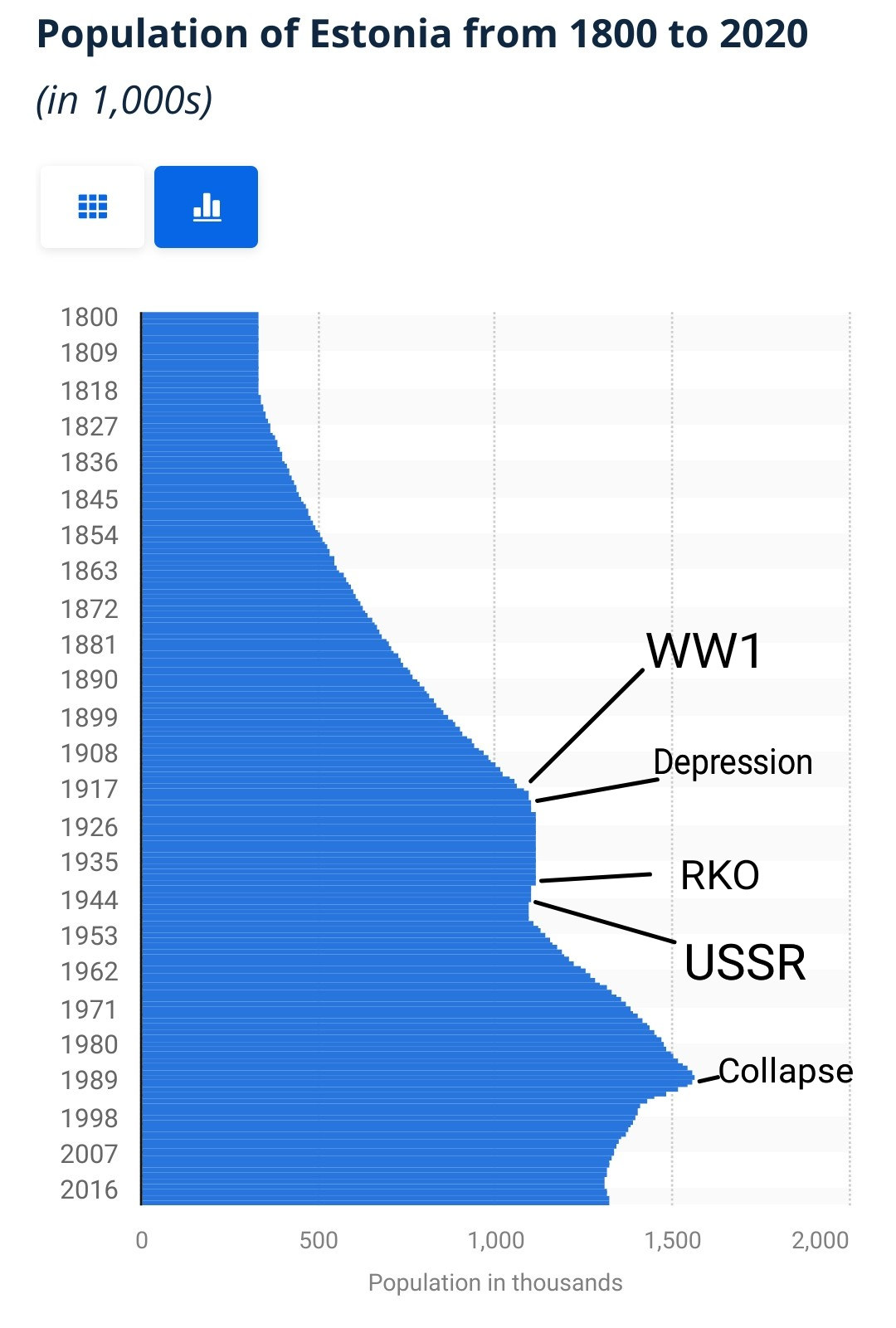:reddit-logo: thread for the libs.
Full Article Text
"Andrew Who?" That's most of what the over-30 crowd said in response to the news that Andrew Tate had been banned from TikTok, Instagram, and Facebook after a spate of negative coverage and increasing concerns from parents and teachers about the TikTok star's power over his followers. For adults who don't have teenage sons, the 35-year-old kickboxer-turned-TikTok star was largely unknown, but as anyone in the high school and college age set could tell you, online he was an overnight sensation.
Across the English-speaking world, parents and teachers grew increasingly alarmed, hearing teenage boys and young men parroting Tate's woman-hating rhetoric. One teacher on Reddit last week complained about boys "saying shit like 'women are inferior to men' 'women belong in the kitchen Ms____'.," and refusing "to read an article by a female author because 'women should only be housewives.'" In the thread, multiple teachers chimed in with their own stories about the adolescent fascination with Tate. Beyond arguing that women shouldn't be allowed to drive or work outside of the home, Tate has bragged about beating a woman with a machete and praised Donald Trump for sexually assaulting women.
His popularity is directly attributable to the profit motives of social media companies. As the Guardian demonstrated, if a TikTok user was identified as a teenage male, the service shoveled Tate videos at him at a rapid pace. Until the grown-ups got involved and shut it all down, Tate was a cash cow for TikTok, garnering over 12 billion views for his videos peddling misogyny so vitriolic that one almost has to wonder if he's joking.
Tate is just the latest example of the way that far-right figures lure in young men by preying on their insecurities.
But he is very much not joking.
Police in Romania raided the British-born Tate's Romanian home in April, as part of an investigation into human trafficking. Tate had previously said he likes living in Romania because he believes law enforcement looks the other way on sexual assault allegations.
Parents, teachers, and anyone who cares about the wellbeing of young people should be worried. It's not just that Tate was spreading hateful ideas and encouraging violence against women, though that on its own is terrifying enough. It's that Tate is just the latest example of the way that far-right figures lure in young men by preying on their insecurities. Once the influencers suck in these young men, they start redirecting audience energies towards fascist organizing. Tate is just a piece of a larger puzzle that explains, for instance, how so many otherwise normal young men get wrapped up in groups like the Proud Boys and actions like storming the Capitol on January 6.
The strategy is simple. Far-right online influencers position themselves as "self-help" gurus, ready to offer advice on making money, working out, or, crucially, attracting female attention. But it's a bait-and-switch. Rather than getting good advice on money or health, audiences often are hit with pitches for cryptocurrency scams or useless-but-expensive supplements. And, even worse, rather than being offered genuine guidance on how to be more appealing to women, they're encouraged to blame women — and especially feminism — for their dating woes.
"It's certainly true that male privilege ain't delivering what it used to," Ash Sarkar writes in her piece about Tate for GQ. "Women don't have to sit around waiting to be chosen anymore," but instead are often holding out for male partners who treat them with respect and dignity.
One way for men to respond to this, which many do, is to embrace a more egalitarian worldview and become the partners women desire. But what Tate and other right-wing influencers like him offer male audiences instead is grievance, an opportunity to lash out at feminism. They often even dangle out hope of a return to a system where economic and social dependence on men forced women to settle for unsatisfying or even abusive relationships. Organizing with other anti-feminist men is held out as the answer to their problems.
This bait-and-switch is all over the right-wing influencer world.
What Tate and other right-wing influencers like him offer male audiences instead is grievance, an opportunity to lash out at feminism.
Proud Boys founder Gavin McInness built a young, male audience in large part by suggesting he had the key to landing a "tradwife," which is far-right slang for wives who stay at home and assume a submissive role. (In reality, McInnes's wife is a successful publicist.) Psychology professor-turned-right wing influencer Jordan Peterson first rose to fame as a self-help guru with his book "12 Rules for Life." But his audiences thrill to him not for banal "make your bed" advice, but for proclamations such as recommending "enforced monogamy" on women as a cure for male anxiety. Until his social media ban, Tate was operating something called Hustler University, which promised, for $49 a month, to turn his audience into rich playboys, as he presents himself to be.
But once in the door, the young male audiences aren't just hit with sexist content, but drawn into a larger world of far-right bigotry and, in many cases, anti-democratic sentiment. McInnes's Proud Boys ended up being the vanguard of the Capitol insurrection. Peterson was recently suspended from Twitter and demonetized on YouTube for saying gender transition is "Nazi medical experiment-level wrong."
Most of the coverage of Tate has focused on his misogyny, but as the group Hope Not Hate notes, they've been "monitoring Tate for years, due to his long history of extremism and his close association with major far-right figures." He's been linked with a number of far-right American and British influencers, and not just because he loves Trump. He's been photographed dining with former Infowars anchor Paul Joseph Watson, who was recently recorded ranting about how he wishes "to wipe Jews off the face of the Earth." He's also associated with Jack Posobiec and Mike Cernovich, far-right trolls who pushed Pizzagate and similar hoaxes.
But the 17-year-old kid who starts following Tate because he's titillated by TikTok videos espousing "edgelord" opinions about women doesn't know any of this. All he knows is that this cut guy with a loud mouth is promising that, while "politically incorrect," he's offering advice and opinions that can supposedly give a leg up socially and sexually. It can be intoxicating for young men trying to navigate the confusing and scary world that is often full of rejection. Doubly so when the message they're getting is that the solution isn't to do hard, personal work to make yourself a better catch, but instead to become angry and aggrieved at women for wanting a better deal for themselves.














So they intend to put all their best ships in missile range?